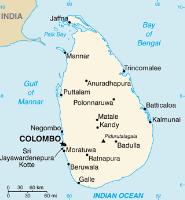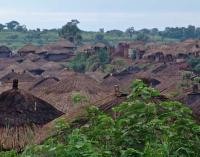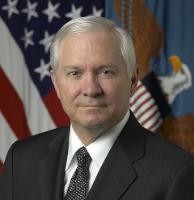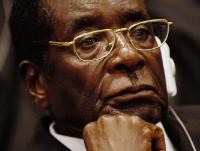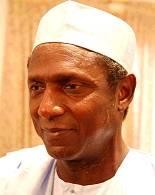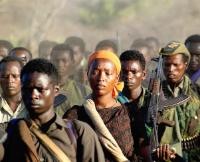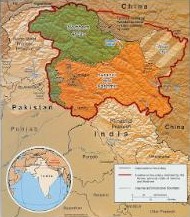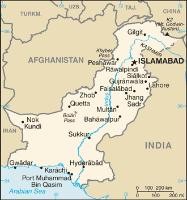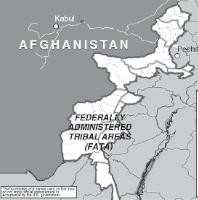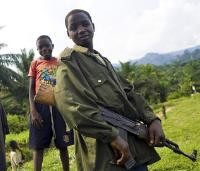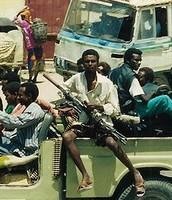
MOMBASA, Kenya — In November, the port of Merka in southern Somalia, previously held by the U.N.-backed Transitional Federal Government (TFG) alliance, was captured without a fight by soldiers of the rival Islamic Courts Union (ICU). In the aftermath of Merka’s fall, the U.N. worried that the ICU might halt aid shipments to the starving country. Those fears proved premature, but ultimately accurate. Last week, further advances by the Islamic Courts threatened to disrupt incoming food convoys. Merka’s fall was a watershed event for this nation of 8 million that hasn’t had a functional central government since a brutal civil […]

